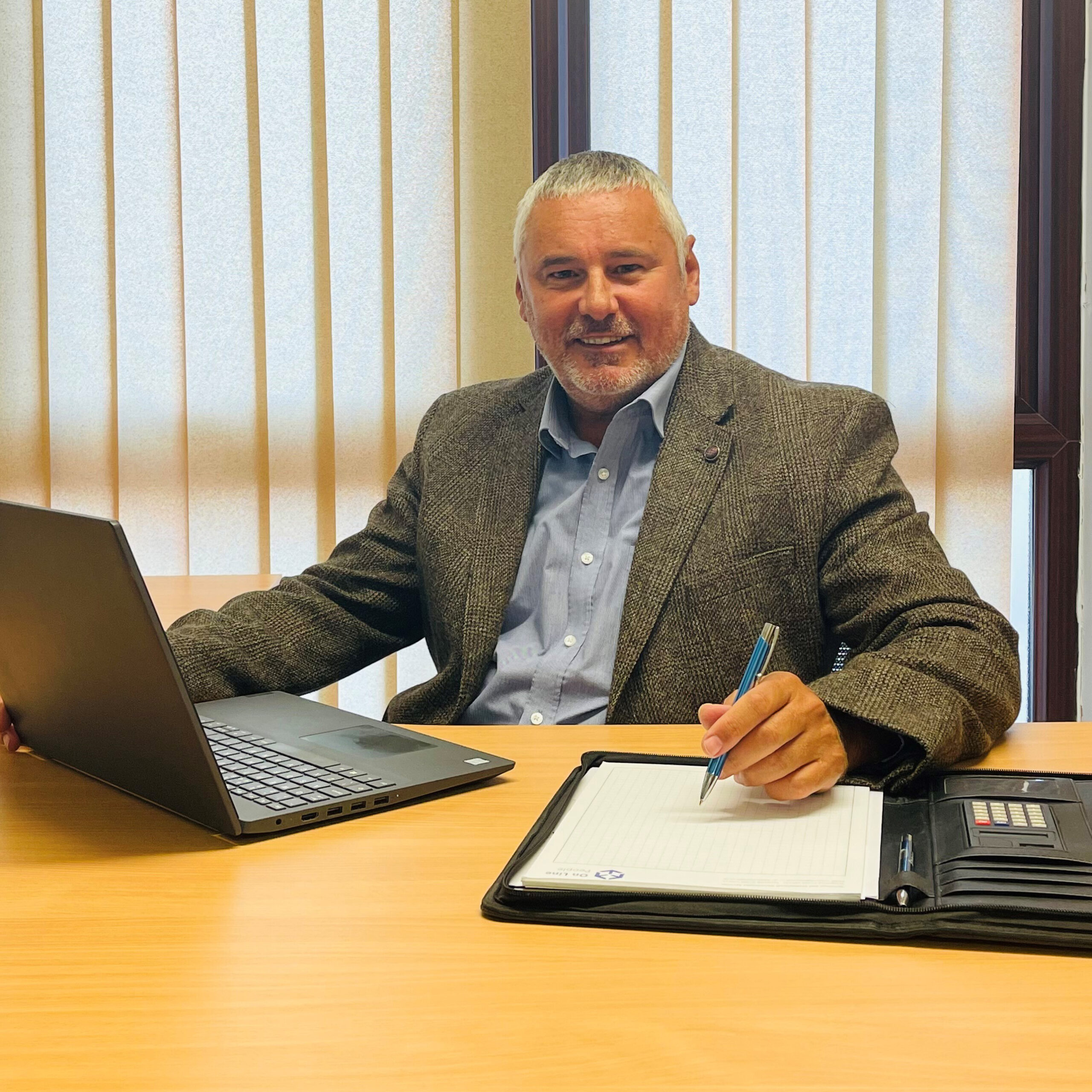When it comes to recruitment processes, organisations employ various types of interviews, assessments, and evaluations to identify the right candidate. These methods help evaluate candidates’ skills, qualifications, and cultural fit within the organisation.
Here are some commonly used recruitment processes
Initial screening
This is typically the first step in the recruitment process. It involves reviewing resumes/CVs and application forms to shortlist candidates who meet the basic requirements of the job. Screening can be done manually or using applicant tracking systems (ATS) to streamline the process. An applicant tracking system (ATS) is a software application used by organisations to streamline and automate their recruitment process. It is designed to assist recruiters and hiring managers in managing and tracking the entire lifecycle of job applicants, from initial application to final selection.
The initial screening process can be time consuming as this is the top of the recruitment funnel where there will be a large number of applicants to sift through. Opting for using a recruitment agency for this stage, to vet CVs before they arrive to your business is a popular choice for streamlining processes and saving time internally.
Telephone/video interviews
Typically, the next stage of an interview process would be telephone or video interviews, they are often used as an initial screening tool before conducting face-to-face interviews. Telephone or video interviews allow recruiters to assess candidates’ communication skills, enthusiasm, and suitability for the role. They are also cost-effective and efficient for conducting preliminary assessments. Often telephone interviews are kept to a short time frame with reduced number of questions asked but will help narrow down the number of applicants to find your perfect match.
Face-to-face interviews
Face-to-face interviews are commonly used to delve deeper into a candidate’s skills, experience, and personality. There are various types of face-to-face interviews, including:
a. Structured interviews: These interviews follow a predetermined set of questions and evaluate candidates consistently. The questions are designed to assess specific competencies required for the role.
b. Unstructured interviews: In unstructured interviews, the interviewer has more flexibility in the questioning approach. It allows for a more conversational style, providing insights into the candidate’s personality and cultural fit.
c. Behavioural interviews: Behavioural interviews focus on past behaviour as an indicator of future performance. Candidates are asked to provide examples of how they handled specific situations in the past, allowing recruiters to assess their skills and competencies.
Presentation interviews
Candidates may be asked to prepare and deliver a presentation on a specific topic related to the job or the organisation. This interview stage assesses their presentation skills, knowledge of the subject matter, and ability to effectively convey information.
Role-playing interviews
Role-playing interviews involve candidates participating in simulated scenarios or exercises that reflect real-life situations they may encounter in the job role. This type of interview assesses a candidate’s practical skills, problem-solving abilities, and how they handle specific job-related challenges. During the role-playing exercise, candidates may be asked to demonstrate their communication skills, decision-making capabilities, teamwork, or conflict resolution abilities. The purpose is to observe how candidates perform in a simulated work environment and assess their suitability for the role.
Panel interviews
Panel interviews involve multiple interviewers from different departments or levels within the organisation. This format allows for a comprehensive assessment of the candidate by obtaining different perspectives and reducing individual bias. Panel interviews are typically used in situations where multiple perspectives and input are desired during the candidate evaluation process. They are more commonly used in senior or executive level positions or where the board of directors might be involved. Panel interviews are less likely to be used for lower positions as they can be very demanding on the candidate and time consuming internally.
Technical assessments
For roles requiring specific technical skills, organisations may conduct technical assessments to evaluate candidates’ proficiency in those areas. These assessments can include coding tests, practical exercises, or simulations relevant to the job requirements.
Psychometric assessments: Psychometric assessments measure candidates’ cognitive abilities, personality traits, and aptitude for specific roles. These assessments provide objective data to complement other evaluation methods and help predict job performance.
Assessment centres: Assessment centres are comprehensive recruitment processes that involve a series of exercises and simulations to evaluate candidates’ abilities, including group discussions, role plays, presentations, and case studies. They provide a holistic view of a candidate’s skills, teamwork, problem-solving, and decision-making abilities.
Exams: Some organisations incorporate exams as part of their interview stages to evaluate a candidate’s knowledge, skills, or aptitude in specific areas relevant to the job. These exams can take various forms, such as written tests, technical exams, psychometric assessments, or situational judgement tests. The purpose is to objectively measure a candidate’s abilities and determine their competence in areas critical to the role. For example, a coding exam might be used to assess a candidate’s programming skills, or a personality assessment might be used to evaluate their work style and preferences.
Each organisation may use a combination of these recruitment processes depending on the nature of the role, available resources, and desired outcomes.

